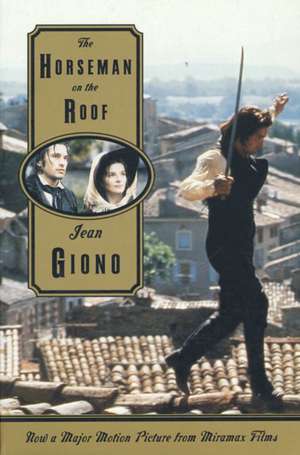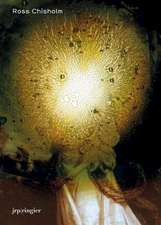The Horseman on the Roof: Horseman on the Roof Ppr, cartea 0001
Autor Jean Giono Traducere de Jonathan Griffinen Limba Engleză Paperback – 31 dec 1981
Perhaps no other of his novels better reveals Giono's perfect balance between lyricism and narrative, description and characterization, the epic and the particular, than "The Horseman on the Roof." This novel, which Giono began writing in 1934 and which was published in 1951, expanded and solidified his reputation as one of Europe's most important writers.
This is a novel of adventure, a "roman courtois," that tells the story of Angelo, a nobleman who has been forced to leave Italy because of a duel, and is returning to his homeland by way of Provence. But that region is in the grip of a cholera epidemic, travelers are being imprisoned behind barricades, and exposure to the disease is almost certain.
Angelo's escapades, adventures, and heroic self-sacrifice in this hot, hallucinatory landscape, among corpses, criminals and rioting townspeople, share this epic tale.
Preț: 203.93 lei
Nou
39.02€ • 41.73$ • 32.54£
Carte tipărită la comandă
Livrare economică 17 aprilie-01 mai
Specificații
ISBN-10: 086547060X
Pagini: 430
Dimensiuni: 130 x 190 x 33 mm
Greutate: 0.45 kg
Editura: North Point Press
Seria Horseman on the Roof Ppr














